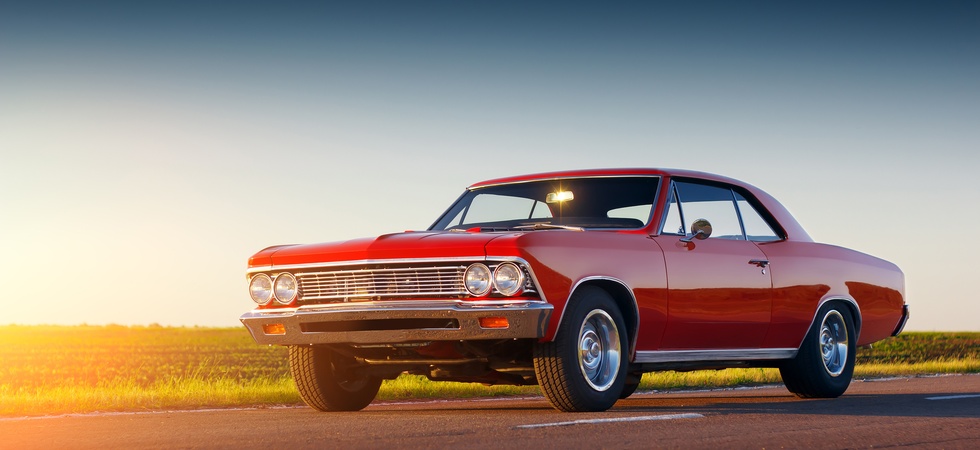The Best Car Types That Respond To Zinc Engine Oil
Choosing the right oil is critical for maintaining your vehicle’s engine health. Zinc engine oil, often recognized for its superior ability to minimize wear and tear, plays a vital role in extending engine life and optimizing performance.
This type of oil contains ZDDP (zinc dialkyldithiophosphate), a compound that provides a protective barrier between engine parts, significantly reducing metal-on-metal contact. But not all vehicles require zinc-rich oils. Below, we’ll explore the best car types that respond to zinc engine oil and why.
Classic Cars Perform Better With Zinc Additives
Classic cars, especially those designed before the mid-1980s, rely heavily on zinc-rich oils because they lack the roller camshafts found in newer engines. These older engines often have flat-tappet camshafts, which are more prone to wear from extreme friction during operation. Without zinc, the lifters and cam lobes in such engines suffer significant damage.
Furthermore, classic car engines operate at lower revolutions per minute (RPMs) compared to modern vehicles, which places them under unique operating conditions where zinc oil excels. By using zinc-based oils, classic car owners can preserve their engines and avoid costly repairs.
High-Performance Vehicles Thrive on Zinc Protection
High-performance vehicles, designed for speed and precision, place their engines under intense pressure. The intricate components of performance engines operate at high RPMs and elevated temperatures, making them more susceptible to wear. Zinc oil steps in to provide the protective layering needed to minimize damage.
For example, supercars and sports vehicles that push the envelope on aerodynamics and horsepower see measurable performance gains when paired with high-quality zinc oils. The oil enhances engine longevity and ensures peak performance.
Older Trucks and SUVs Benefit From Extra Engine Shielding
Trucks and SUVs of an earlier era, particularly those built before the mid-1990s, also respond well to zinc engine oils. These vehicles often operate under heavy loads, whether towing or off-roading, which places higher demands on the engine’s moving parts.
For older trucks and SUVs with worn components, such as flat-tappet cams, the anti-wear properties of zinc oil become essential. It reduces friction and ensures these workhorses deliver power and durability for years to come.
Modified and Rebuilt Engines Require Zinc Enrichment
Modified or rebuilt engines, regardless of the original vehicle type, often operate under non-standard conditions. Aftermarket customizations, such as performance tuning, camshaft modifications, or structural rebuilds, increase wear on vital engine components.
Engine builders frequently recommend zinc-rich oils for break-in periods and continued use because of their ability to protect the new or altered internal parts. Whether the goal is to maximize horsepower or improve reliability, zinc oil meets the needs of these unique engines and delivers optimal performance with minimal wear.
Racing Cars Demand Zinc’s Anti-Wear Power
Racing cars are built for extreme environments, where engines face unparalleled stress from high RPMs and rapid acceleration. These conditions create heat and friction levels that exceed those in standard or even high-performance vehicles.
Zinc engine oil is critically important here, as it prevents the excessive wear and tear that racing engines endure throughout competition. Many motorsport professionals include zinc-rich oils as an integral part of their maintenance strategy to ensure reliability on race day.
Zinc engine oil has proven itself indispensable for specific car types, including classic vehicles, high-performance sports cars, older trucks, and customized engines. If you own a racing car or frequently operate older vehicles, using zinc-enriched oil brings unparalleled benefits in engine protection and enhanced longevity.

